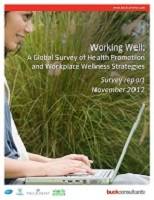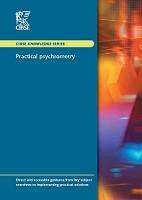February 28, 2013
Survey finds global support for wellness initiatives

Wellness programs are no longer a “soft” issue for organisations around the globe with employers increasingly recognising the value of employees’ health and well-being to their organisations’ bottom line. According to the latest report from Buck Consultants, global employers – regardless of location, identify improving worker productivity and reducing presenteeism as one of their top wellness objectives. Wellness initiatives also continue to add value over time and while significant results can take years to realize, the survey shows how the impact of wellness programs differs by short-term and long-term payoff.























February 27, 2013
Building designers should pay more heed to what users need
by Simon Heath • Architecture, Comment, Facilities management
The future for London’s skyline
These past two weeks have seen me playing and working in what I believe is fondly referred to as “That London” by those who live and work in the rest of the United Kingdom. Whilst resisting the temptations of the capital’s fleshpots, I’ve had the time to reflect on the design of public spaces and wonder at the architectural munificence that gave us, within a single square mile or so; The Shard, The Gherkin, St Pauls Cathedral and the engineering marvel of Tower Bridge (I also had the chance to sample Japanese octopus balls, but that, as the saying goes, is another story altogether).
More →